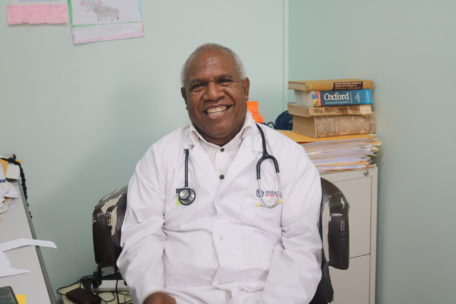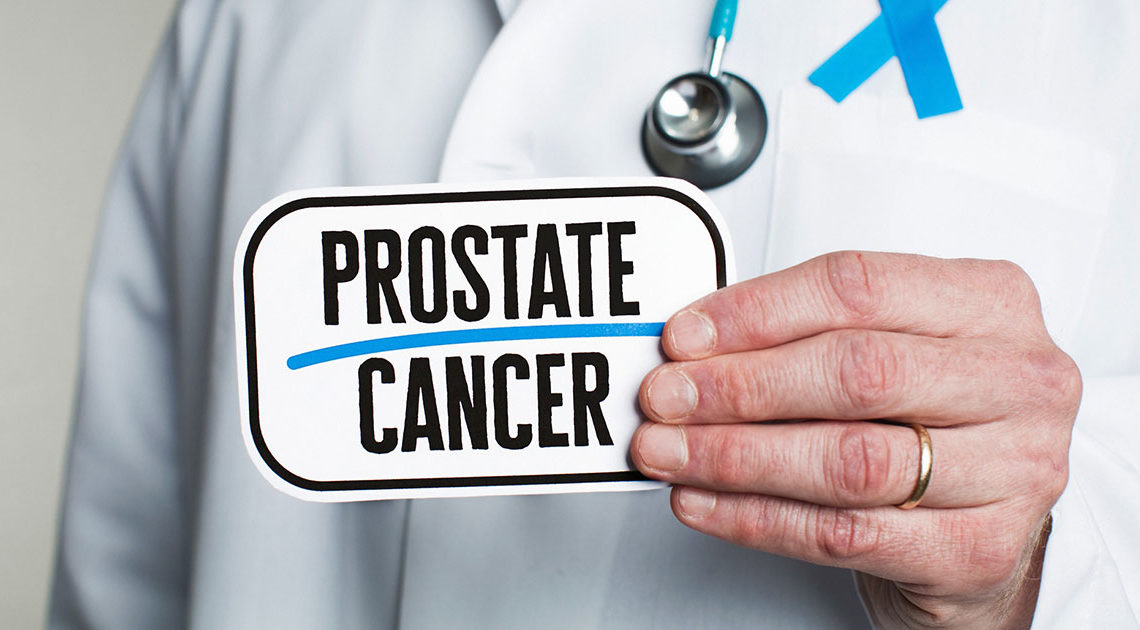To know what prostate cancer is, it is first important to know where the prostate sits in the body. It is located right below the bladder (bladder is responsible for storing urine) in a male’s body and plays a very significant role in the male reproductive system. Prostate cancer would typically start out like any other cancer that occurs in a person’s body, which is when cancer cells in the body start to grow and continuously grow out of control. Therefore, prostate cancer begins when cancer cells in the prostate gland starts to grow out of control. The prostate is a gland found only in males. It makes some of the fluid that is part of semen.
What are the Signs and Symptoms of prostate cancer?
It is important to know the signs and symptoms of prostate cancer because if you are aware of these, it increases your chance of detecting it early so you can seek diagnosis or treatment. The following are some of the signs and symptoms one may experience if they have prostate cancer:
- Since prostate cancer sits right below the bladder, it grows and can cause some blockage to the passage of the urine, causing the urine to come out in small amounts and more frequently. As such, one may feel the need to pass urine frequently, however it passes in small amounts.
- Sometimes one may experience a painful or burning sensation when urinating.
- Prostate cancer affects your bowel movement; hence one may experience frequent constipation.
- Since cancer is spread through the blood, one may experience lower back pain as these cancerous cells spread into the bones, mostly affecting the spine. It can also affect bones in other parts of the body such as bones in your arms and legs.
How is prostate cancer tested?
Before prostate cancer is diagnosed or treated, doctors must first confirm if the patient actually has prostate cancer. As sometimes a person’s prostate may enlarge due to other factors/diseases and not cancer.
- The PSA test is a blood test that measures the amount of prostate-specific antigen (PSA) in your blood. PSA is a protein produced by normal cells in the prostate and also by prostate cancer cells. It’s normal to have a small amount of PSA in your blood, and the amount rises slightly as you get older, and your prostate gets bigger. This testing is offered by Paradise Private Hospital and can be done here.
- The other test for detecting prostate cancer is through a prostate biopsy. This biopsy involves taking a tissue sample from the prostate and examining it under a microscope, which can help your doctor determine whether there is an uncontrolled growth of cells in the prostate gland.
How is prostate cancer diagnosed?
There are several ways in which prostate cancer can be treated/diagnosed?
- In PNG, patients usually undergo a procedure called the transurethral resection of the prostate (TURP). This is a surgery done to remove parts of the prostate gland through the penis. No incisions are needed.
- Chemotherapy is also another way in which prostate cancer is diagnosed. This involves radiation therapy.
- An orchidectomy is another way in which prostate cancer is diagnosed. This involves castration or the removal of the testicles.
This is the second part of a 3 part series on the topic of Prostate Cancer.
Article by: Dr Polapoi Chalau

Dr Polapoi Chalau
Dr. Polapoi Chalau joined Paradise Private Hospital in 2016 as their Medical Director with many years of experience working in senior medical leadership and health management in the public sector. He served as the CEO of Angau General Hospital in Lae for 7 years (2006-2014) and previously as the Chief Surgeon of PNG & Specialist advisor to the National Health Department (1993-2010).
Dr. Chalau’s many achievements include serving as the Honorary Senior Lecturer in Surgery at the University of PNG and was instrumental in setting up highly specialized training for surgeons at the country’s medical school. He holds a master’s in business administration- Executive (EMBA) from PNG University of Technology, Master’s in Surgery, and a Bachelor’s in Medicine and Surgery from the University of PNG (UPNG).
Dr. Polapoi Chalau hails from Loamat Village – Rambutso Island in the Manus Province and is married with six children.
******
CIG in partnership with Paradise Private Hospital (PPH) brings to their community, the Wellness Hub. A Hub that provides their clients and members of their community access to vital information on health and wellness issues affecting their community and useful information to help make better health and lifestyle choices.
The information, including but not limited to, text, graphics, images, and other material contained on this website are for informational purposes only. No material on this site is intended to be a substitute for professional medical advice, diagnosis, or treatment.


